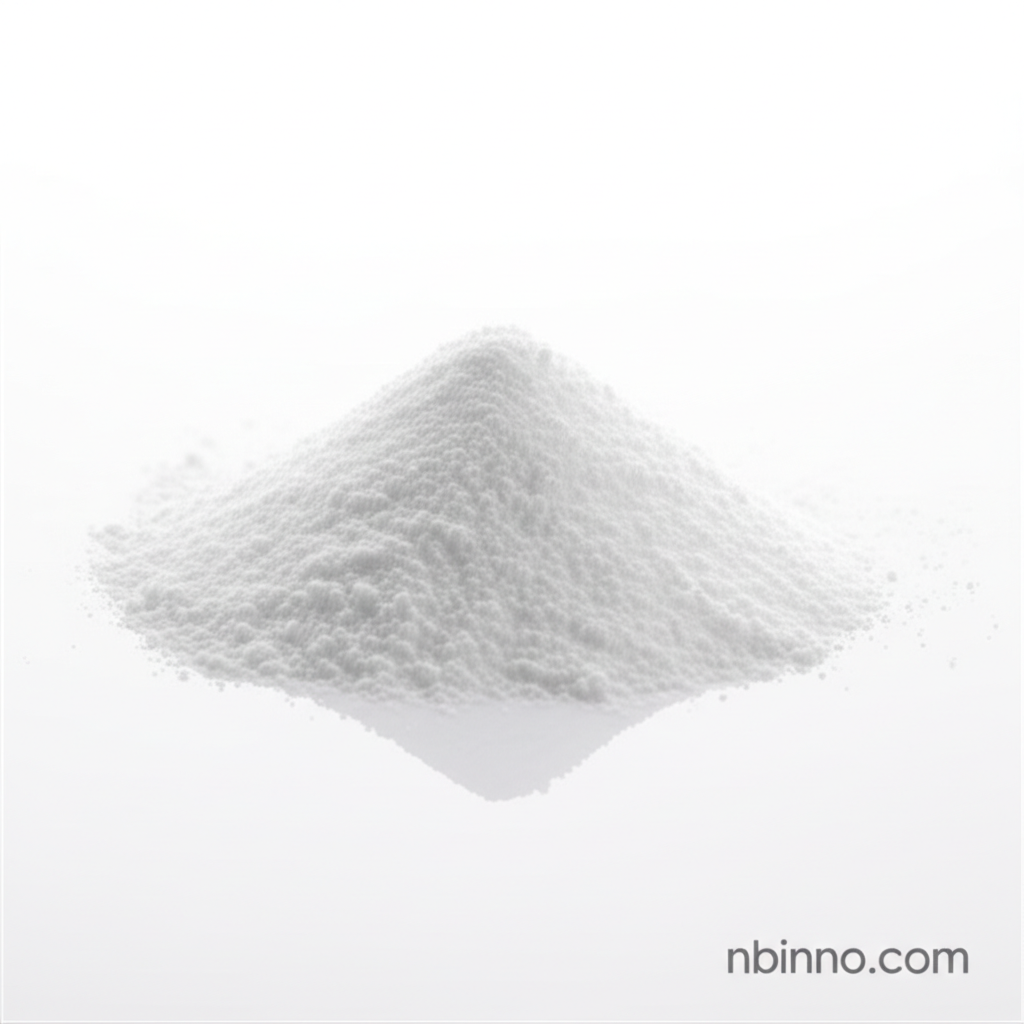Galunisertib 700874-72-2: A Potent TGF-β Receptor I Inhibitor for Cancer Therapy Research
Explore the therapeutic potential of Galunisertib, a key TGF-beta pathway inhibitor crucial for advancing cancer treatment research.
Get a Quote & SampleProduct Core Value

Galunisertib
Galunisertib is a potent and selective small molecule inhibitor of Transforming Growth Factor-beta Receptor I (TGFβRI). It targets the TGFβ signaling pathway, a critical regulator involved in tumor growth, progression, immune evasion, and metastasis. Its mechanism of action involves blocking TGFβRI kinase activity, thereby inhibiting downstream signaling cascades like SMAD phosphorylation. This makes Galunisertib a significant compound in the development of novel cancer therapeutics, with demonstrated efficacy in preclinical studies across various cancer types.
- This compound is a potent Galunisertib TGF-beta inhibitor, crucial for understanding cancer signaling pathways.
- With CAS number 700874-72-2, it serves as a high-quality pharmaceutical chemical for advanced research.
- The TGFbetaRI kinase inhibitor mechanism of action makes it a valuable tool in cancer drug discovery.
- Galunisertib's role in preclinical cancer research compounds highlights its potential in developing new treatments.
Key Advantages
Potent TGF-beta Pathway Inhibition
Galunisertib effectively inhibits the TGF-beta signaling pathway, a known driver of tumor growth and immune suppression, making it a valuable asset for oncology research.
High Selectivity and Potency
Demonstrating strong selectivity for TGFβRI, Galunisertib offers precise targeting, minimizing off-target effects and enhancing its therapeutic potential in cancer therapy research.
Preclinical Efficacy Demonstrated
Extensive preclinical studies show Galunisertib's anti-tumor activity, inhibition of cell migration and EMT, and reversal of immune suppression, supporting its role as a promising cancer drug candidate.
Key Applications
Oncology Research
Utilized in preclinical studies to investigate the effects of TGF-beta pathway inhibition on tumor growth, metastasis, and the tumor microenvironment, leveraging its efficacy as a TGF-beta inhibitor.
Drug Discovery & Development
Serves as a critical component in the discovery and development pipeline for novel cancer therapeutics, targeting the complex mechanisms of cancer progression.
Signal Transduction Studies
Investigates the intricate TGF-beta signaling pathways and their downstream effects, providing insights into cellular processes relevant to various diseases, particularly cancer.
Pharmaceutical Intermediate
Acts as a high-quality pharmaceutical chemical, potentially serving as an intermediate or reference standard in the synthesis and quality control of related compounds.
